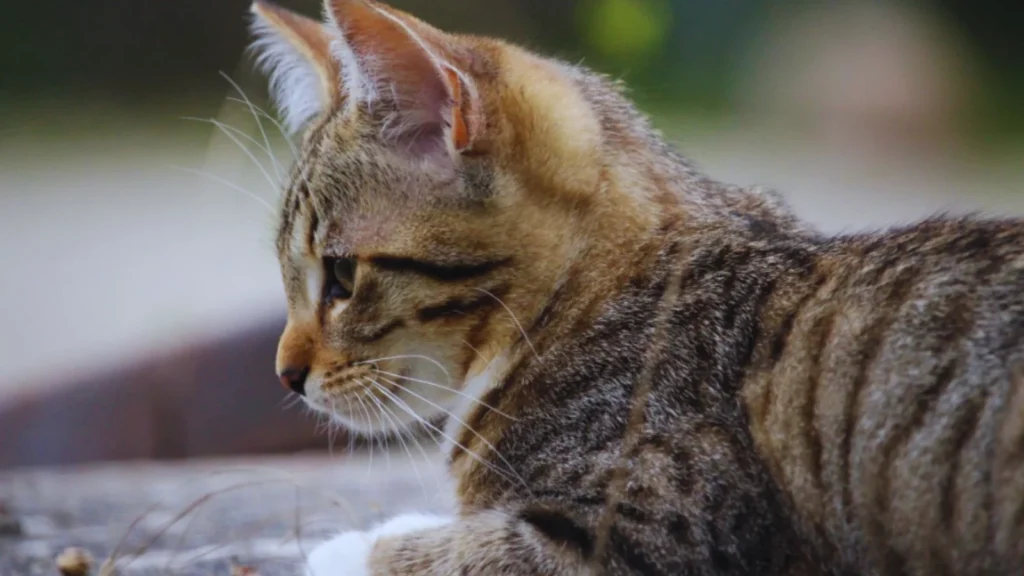Cats, beloved companions in many households, can suffer from anxiety, which manifests itself in a variety of behaviors. It is critical for responsible pet owners to recognize signs of feline anxiety and consider appropriate interventions.
Contents
Recognizing Feline Anxiety:
Understanding feline anxiety is the first step towards providing effective care for your furry friend. Common triggers include changes in the environment, new pets, or veterinary visits. Cats may exhibit behaviors such as hiding, excessive grooming, aggression, or inappropriate urination when anxious.
Personal Experience: A Tale of Pepper’s Anxiety:
Karen E. Lange shares her experience with Pepper, an anxious cat, to demonstrate the impact of feline anxiety. Pepper’s anxiety grew to the point where she became aggressive toward Lange. As a result of this incident, anti-anxiety medication was considered as a viable solution.
The Role of Fluoxetine in Feline Anxiety:
Fluoxetine, known by the brand name Prozac, emerges as a key player in alleviating feline anxiety. Dr. Anna Delabar, a veterinarian, emphasizes that fluoxetine effectively reduces anxiety without altering a cat’s personality. The medication addresses emotional and behavioral health, making it a valuable option for cats struggling with stress-related issues.

Positive Outcomes of Fluoxetine:
Several case studies highlight the positive outcomes of using fluoxetine in treating feline anxiety:
- Pepper’s Transformation:
- Pepper, on fluoxetine since June 2020, displays a calmer demeanor.
- Problematic behaviors, such as aggression towards other cats and excessive grooming, have significantly decreased.
- Jimmy’s Adjustment:
- Jimmy, a community cat introduced to a new home, faced stress-related challenges.
- Prescription of fluoxetine led to a notable reduction in spraying and inappropriate urination within a month.
Administering Fluoxetine:
Administering fluoxetine is a straightforward process:
- Veterinarian Consultation: Always consult with a veterinarian before administering any medication.
- Duration of Use: Fluoxetine may be a short-term or lifelong solution, depending on the cat’s needs.
- Administration: Owners can mix fluoxetine into the cat’s food for easier consumption.
Conclusion: Prioritizing Feline Well-Being
Finally, addressing feline anxiety is an important aspect of responsible pet ownership. Anti-anxiety medications, such as fluoxetine, have been shown to improve a cat’s emotional well-being. Real-life examples such as Pepper and Jimmy demonstrate the positive impact of such medications when used under professional supervision. If you’re wondering, Should I give my cat anti-anxiety medication? talk to your veterinarian about the best course of action for your cat’s specific needs. Taking care of your cat’s mental health contributes to a peaceful and happy home.



